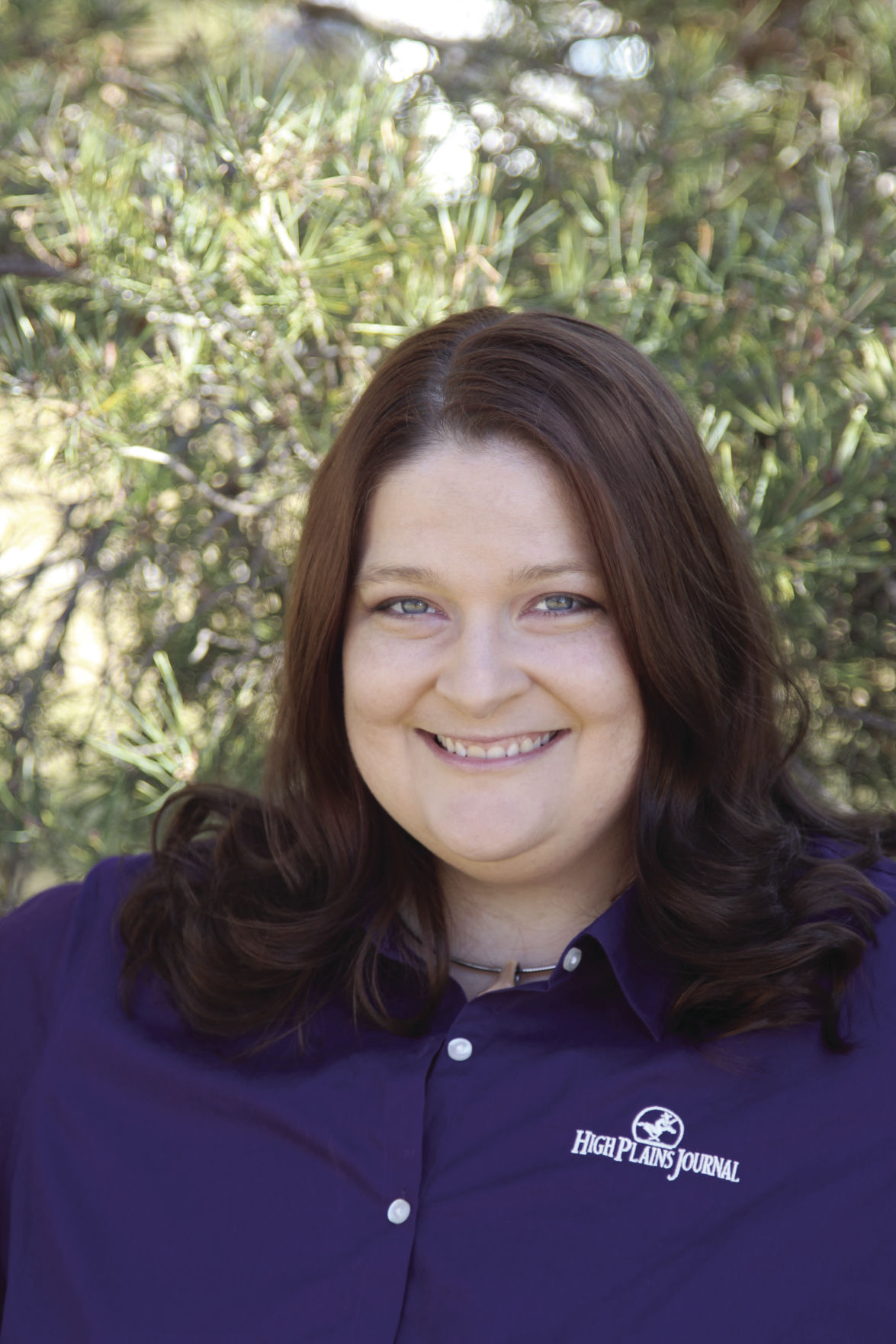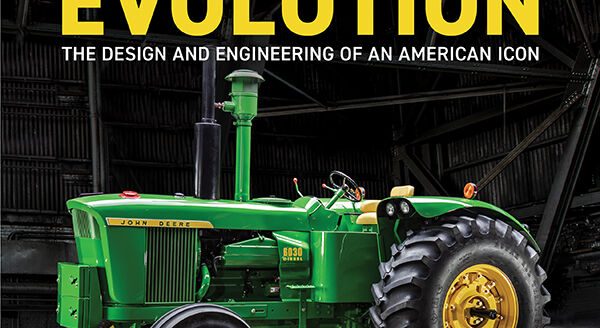The new billionaire neighbors down the county line road

My mother always said it’s good manners to stop by the new neighbors with a covered dish and a hearty “welcome to the country.”
Do you suppose Bill Gates likes tater tot casserole?
Last month we all learned from The Land Report that Bill and Melinda Gates own 242,000 acres of farmland across 18 states, making them the largest farmland owners in the United States. They join a billionaire land-owning club that includes Jeff Bezos and Ted Turner.
Now, it’s no secret that Gates has a philanthropic interest in sustainable agriculture. In January, the Bill and Melinda Gates Foundation created a new nonprofit called Bill & Melinda Gates Agricultural Innovations, or “Gates Ag One.” Its goal is to give small farmers in developing regions, like sub-Saharan Africa and South Asia, tools to adapt to climate change. And now, according to reports, through a holding company and subsidiaries, Gates is starting to invest in farmland and sustainable agriculture initiatives here at home, from platforms that collect data, to food waste reduction methods, to alternative plant-based proteins and even John Deere.
From this side of the fence line, it appears our new neighbor Bill is putting his considerable checkbook to work in sustainable agriculture and possibly the future of the small to mid-size American farmer.
Just in time, too, since President Joe Biden’s first two weeks in office have shown his commitment to the campaign promises he made to start real and meaningful solutions to climate change. From re-joining the Paris Climate Agreement, to directing federal agencies to review the science behind their initiatives, it’s pretty clear that Biden wants to position the U.S. as a leader in science-based solutions to climate change. His nominee for secretary of agriculture certainly agrees, and has vowed that farmers will have incentives to participate in this new sustainable ag economy.
During his confirmation hearing before the Senate Agriculture Committee, Feb. 2, nominee Tom Vilsack was asked about the U.S. Department of Agriculture’s sustainability goals if he were to be confirmed and return to his post. Among the many initiatives that Vilsack proposed, he testified that there would be a need to not only collect data and conduct more research into regenerative agriculture tools and systems, but that market opportunities for farmers must be developed alongside these tools. He reiterated that agriculture—farmers and ranchers on the ground—must be included in any of these policy and regulatory initiatives so that there are financial incentives for adopting sustainability on their farmland and in their operations.
Which brings us back to our neighbor, Bill, and his considerable spread. We don’t know officially what his plans are for the farmland and there are all sorts of rumors out there.
So if I might, here’s a bit of unsolicited neighborly advice.
We hear often when a billionaire landowner buys the parcel next door, it only drives up the cost of land and doing business for everyone around them who are just trying to farm and ranch. Mr. Gates, look around to your neighbors in those 19 states—the small and mid-size farmers who need incentives to be able to adopt soil health methods, and ask yourself, “how can I help them?” Maybe it’s as simple as helping this administration set up research into sustainable ag methodology, to gather data to help those farmers make better decisions. Maybe it’s setting aside some of your marginal ground for wildlife conservation. Or maybe it’s marrying your technology genius with farm tools to help farmers be more productive and less wasteful in the field.
Using your influence to help farming communities thrive—well, that would be the neighborly thing to do.
Jennifer M. Latzke can be reached at 620-227-1807 or [email protected].

